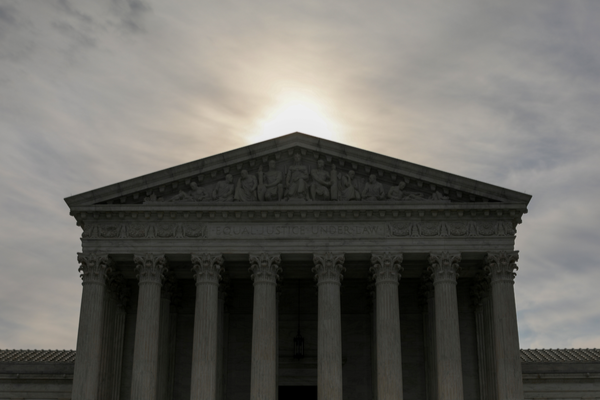Feb 12, 2021
“The law guarantees Smith the right to practice his faith free from unnecessary interference, including at the moment the State puts him to death,” wrote Justice Elena Kagan.
Read the Full Article

Already a subscriber? Login
